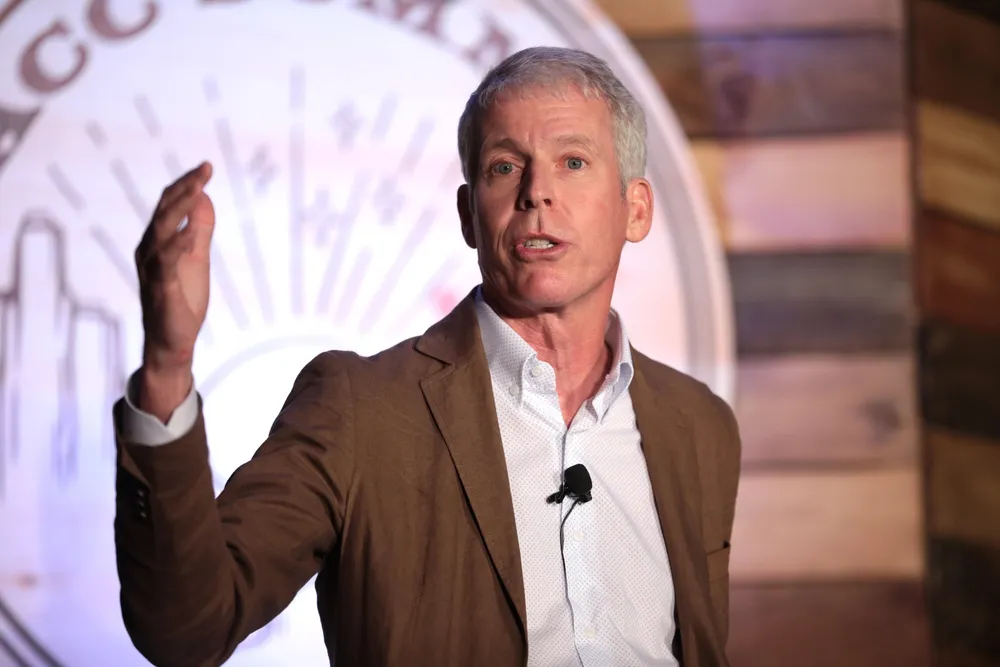US energy chief blames offshore wind for sky-high power prices in three countries
Chris Wright asserts the US is determined not to emulate European countries in subsidising supposedly high-cost, unreliable energy

There is no business case for private US offshore wind investment unless driven by federal and state policies and underwritten by taxpayers, according to Energy Secretary Chris Wright.
Offshore wind is not economic or reliable as an energy source compared with thermal generation, asserted Wright.
He cited Denmark and Germany as examples the US under President Donald Trump is determined not to emulate, where policies and subsidies fed a technology that delivered sky-high power prices.
“Denmark has the most expensive electricity in the world. They were the first movers in offshore wind,” he said, adding that Germany is number two and now the United Kingdom is in the chase for the priciest power.
“That is the result as you grow offshore wind. That’s not a race the US wants to win. We want to win in jobs, and opportunity, and low electricity prices,” said Wright.
He asserted, “Europe lost its way and got driven by climate politics. If we scare people, we can convince them to put up with anything.”
Electricity prices in Denmark and Germany are indeed double or more of what consumers pay in the US, but a great part of the difference is due to far higher taxes and fees on energy in Europe. In Germany, for example, only 40% of the power price comes from generation and distribution, while the remainder is paid for electricity taxes, VAT and grid fee supplements.
Wright claimed the One Big Beautiful Bill Act, written by Republicans and signed into law by Trump on 4 July, eliminated $500bn in future federal subsidies for offshore and onshore wind by accelerating sunset of tax credits five years ahead of schedule.
Starting in 1992, onshore wind has benefitted from a tax credit on energy production, he noted, spanning a period where six presidents – three Democrats and three Republicans (Trump twice) – have occupied the White House.
“Subsidies for wind were 33 years old. If a business has not started in 30 years, it’s got to fly on its own by then,” said Wright, an energy entrepreneur who founded three shale gas production companies before assuming his current post.
He did not comment on the administration’s intensifying effort to undermine offshore wind activity through Trump’s executive orders, and policymaking by his Cabinet secretaries and other top officials.
The move against Revolution Wind by the Department of Interior, which oversees energy activity on the federal outer continental shelf, was criticised by Dan Brouillette, who was Trump’s energy secretary during part of his initial four-year term that ended in January 2021.
Brouillette added, “Future administrations may use this very same tactic against our liquified natural gas exporters here in the United States or other fossil energy exporters.”
He agreed the administration appears to want to kill the offshore wind industry.
“But if you are going to that – I don’t disagree with the president’s desire here – look at future projects. Freeze future projects,” said Brouillette. “Don’t go after a project that is nearly complete. That doesn’t in my mind make good economic or policy sense.”
(Copyright)